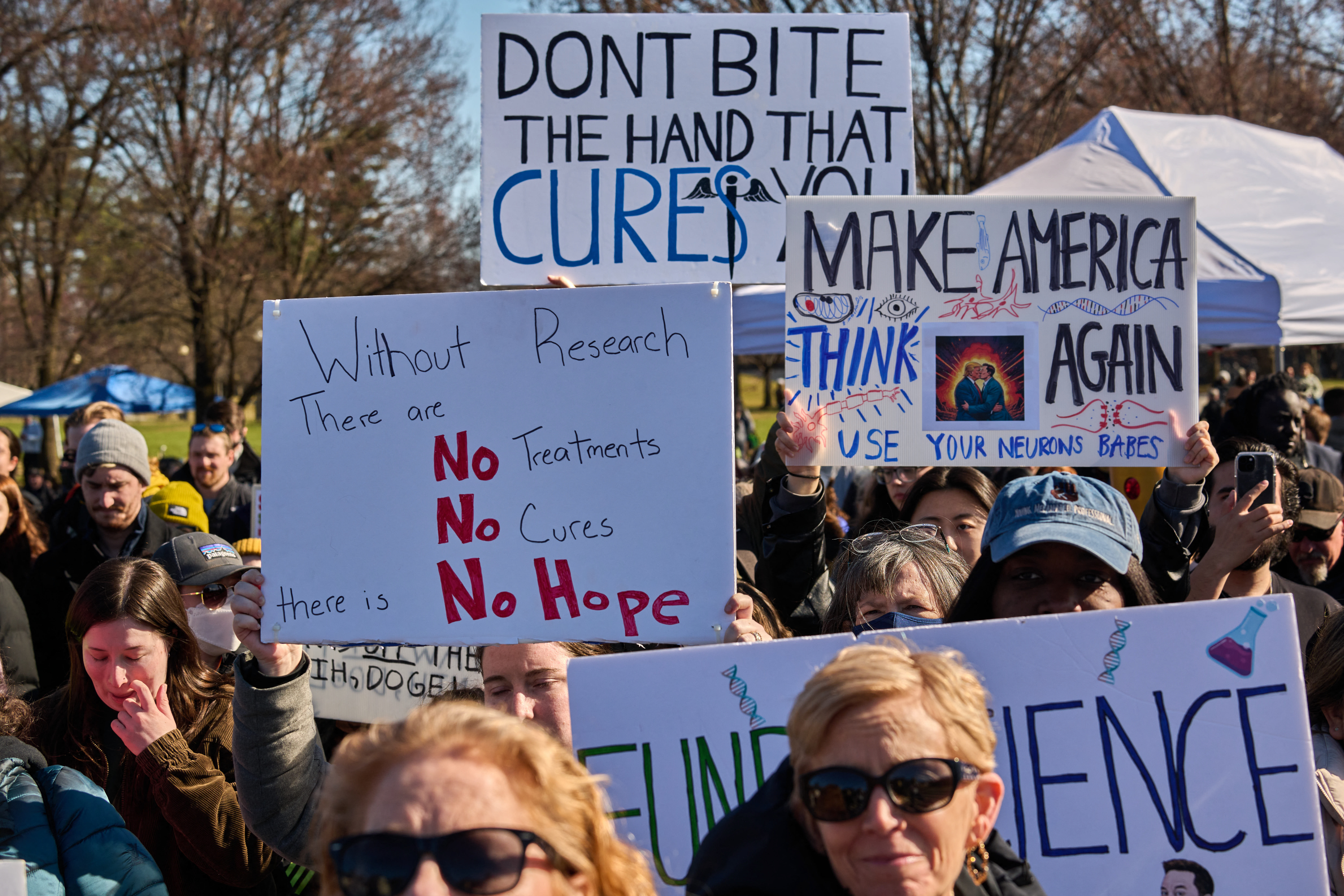Getting enough sleep is easier said than done — that's where napping comes in handy. Whether you're looking to catch up on rest after a sleepless night or relax in the afternoon, napping is an effective way to help you feel more rested and has a number of benefits.
We all know that sleep is important. Healthy adults need to get at least seven hours of sleep a night on a regular basis for optimal health, according to the American Academy of Sleep Medicine. However, many of us don't sleep enough.
Here's what to know about napping and the best time to take one.
Are naps good for you?
Get top local stories in Philly delivered to you every morning. Sign up for NBC Philadelphia's News Headlines newsletter.
Naps can help make up for lost sleep and keep us healthy, when done correctly. The timing and duration of your nap matters, Dr. Raj Dasgupta, a pulmonologist, critical care and sleep medicine doctor and chief medical advisor for Sleepopolis, tells TODAY.com.
First, know that not everyone needs to nap. “If you’re getting good quantity and quality sleep, then you should be refreshed and alert during the day,” says Dasgupta. However, sometimes, life gets in the way. Work, social plans, kids, pets and doom-scrolling are some of the many reasons we miss sleep.
It's important to consider why you're napping, says Dasgupta. “If someone just needs a power nap because they didn’t get good sleep the last night, there’s nothing wrong with that at all," says Dasgupta.
A well-timed nap can promote relaxation, boost alertness and improve mood and performance. But napping cannot make up for the negative effects of sleep deprivation due to chronic insufficient sleep. These include impaired cognitive function, poor memory, irritability, chronic disease and mental illness.
“One of the signs of having poor quantity or quality sleep is definitely excessive, lengthy napping,” says Dasgupta. You may also experience fatigue, excessive daytime sleepiness or difficulty concentrating.
"In those cases, I want to treat the underlying cause first," Dasgupta says. These may include sleep disorders, such as insomnia or sleep apnea, and medical conditions.
More health coverage:
The best time to take a nap
The best time to nap will vary based on your work schedule, sleep-wake cycle and preferences. "Let's be in line with our circadian rhythm," says Dasgupta.
Our circadian rhythm is our body's natural, 24-hour cycle. "It keeps our internal body clock in line with the solar day," he adds. This rhythm helps tell our body when to wake up and when to fall asleep, and affects our hormones, digestion, metabolism, body temperature and cognitive function, per the Cleveland Clinic.
"We actually feel sleepy twice during our 24-hour circadian rhythm," Dasgupta adds. We obviously feel sleepy at night, usually around 9 or 10 p.m. if you have a conventional working schedule.
"We also feel a little sleepy around the early afternoon, which is many people may take a little nap right after lunch," says Dasgupta. This "dip" in our rhythm, or afternoon slump, is normal.
According to Dasgupta, you should aim to take a nap when your circadian rhythm dips between noon and 2 p.m. During this period, you can ride the post-lunch slump wave and avoid messing with your sleep schedule.
"You don't want to nap too late in the day," says Dasgupta. Avoid napping past 3 p.m.
However, if you work odd shifts or have an irregular sleeping pattern — such as parents of newborns and people who work overnight — you may want to adjust the timing of your nap.

How long should you nap for?
The optimal length of time of a nap is around 20 minutes, says Dasgupta. Short naps can help you stay healthy and improve alertness. "Many people recommend up to 30 minutes, but 15-20 minutes is a traditional power nap to me," he adds.
Even napping for as short as 10 minutes in the afternoon can still have benefits that last for hours, researchers at San Jose State University told TODAY segment aired March 14.
Why are short naps better? "We want you to stay in the lighter stages of sleep when you nap," says Dasgupta. Napping for 20 minutes allows the body to rest without entering the deeper sleep stages.
If you’ve ever taken a long nap and felt groggy and disoriented afterward, it's probably because of sleep inertia. "Sleep inertia basically means, once the wheel starts turning, it's harder to stop — so when you get to the deeper stage of sleep ... it's harder to get going and you feel worse after that nap," says Dasgupta.
A 15-20 minute power nap during the noon to 2 p.m. window, however, should have you feeling refreshed. Additionally, try to nap in a cool, quiet place and make sure you're comfortable, says Dasgupta.
This story first appeared on TODAY.com. More from TODAY:




